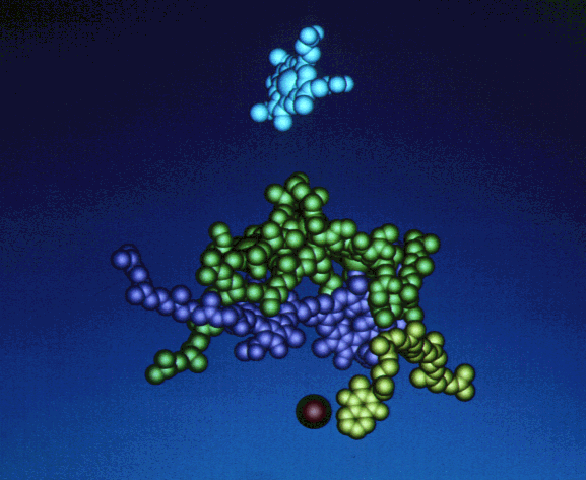Solids

Materials for medicine, energy and transportation are becoming increasingly complex, and their fabrication is becoming ever more challenging. Computer simulations for designing materials and optimizing fabrication processes are key to the success of both, and help reducing costs. Nanofabrication has opened the possibility for bottom-up fabrication of devices and materials-by-design, resulting in a boost of the research into both quantum phenomena en quantum devices. At Delft University of Technology, research aiming to cover a variety of length and time scales in simulations in order to describe novel materials and quantum devices under various types of conditions, is strongly represented and the results from the computational work in these areas have been key to their high impact. Increasing experimental control over microscopic structure necessitates simulation on the quantum scale, often in non-equilibrium situations. Describing the properties of materials requires moving from the microscopic scale of molecules, atoms and electrons to larger assemblies of these (crystal grains, thin films), which in turn can be used to model matter at the macroscopic scale under different conditions. Established computational algorithms are run on powerful hardware platforms to support experimental work. In addition new algorithms are developed, in close collaboration with the scientific software industry and with support from national and international funding. The combination of cutting-edge experimental work with robust support from computational physics, results in many publications in top scientific journals.Researchers use established computer codes for classical simulations such as Molecular Dynamics and Kinetic Monte Carlo. Adapting these codes to new physical phenomena and application areas is integral part of aiding innovations. The electronic structure of materials is studied using Density Functional Theory (DFT); excitons (important in photo-voltaics) are investigated using time-dependent DFT calculations. Software developed at Delft within the area of quantum nanoscience as well as surface friction exploits Green’s function and scattering techniques, keeping Delft at the forefront of science.